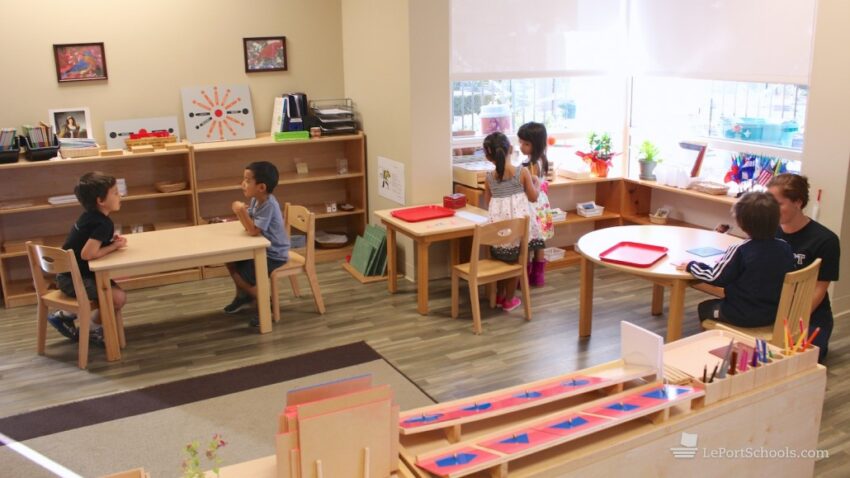Become a Montessori Pro: How a Teacher Training Course Transforms Educators
In the field of education, the Montessori method is renowned for its child-centered approach, fostering independence and a love for learning. Montessori educators undergo specialized training to become proficient in this unique teaching philosophy. A Montessori teacher training course offers educators an opportunity to acquire the necessary skills and knowledge to excel in a Montessori classroom setting.
What is Montessori Education?
Montessori education is an approach developed by Dr. Maria Montessori, an Italian educator and physician, in the early 1900s. It emphasizes the importance of self-directed learning, mixed-age classrooms, hands-on materials, and the development of social and emotional skills alongside academics. The goal is to nurture children holistically, tapping into their natural curiosity while fostering independence and respect.
Why Should Educators Consider Montessori Training?
Montessori training provides educators with a unique mindset and skill set that allows them to transform children’s education experience. Here are the key reasons why educators should consider Montessori training:
A Deep Understanding of Child Development
Montessori training equips educators with an in-depth understanding of child development and the different stages of learning. This knowledge enables them to create an environment that meets each child’s needs and supports their individual growth.
An Emphasis on Observation and Flexibility
Montessori educators are trained to observe and understand each child’s unique learning style and interests. This approach allows them to tailor their teaching methods to accommodate individual needs, providing a truly personalized learning experience.
Hands-on Learning and Materials
A Montessori training course emphasizes the use of hands-on materials to promote conceptual understanding and sensory exploration. Educators learn to create learning environments that feature carefully designed materials that encourage independent exploration and active engagement.
Promoting Independence and Responsibility
The Montessori method encourages children to take responsibility for their own learning and daily tasks. Through Montessori training, educators learn how to foster self-discipline, time management, problem-solving skills, and independence in their students.
Building a Community of Learners
Montessori classrooms emphasize the importance of building a supportive community where children learn to respect and care for others. A Montessori training course equips educators with strategies to create an inclusive and collaborative learning environment for their students.
Types of Montessori Training
Various organizations offer Montessori training programs, including the Association Montessori Internationale (AMI) and the American Montessori Society (AMS). These programs offer different levels of certification, including infants and toddlers, primary (ages 3-6), and elementary (ages 6-12). Educators can choose the level that aligns with their desired teaching career.
Embarking on a Montessori teacher training course can be a transformative journey for educators. By acquiring a deep understanding of child development, mastering observation and flexibility, and embracing hands-on learning, educators can become Montessori professionals who create engaging and holistic learning environments for their students. Montessori training empowers educators to foster independence, responsibility, and a love for learning in their classrooms, ultimately shaping the future of education.
Nidhin
For More Details Call: +917510220582

